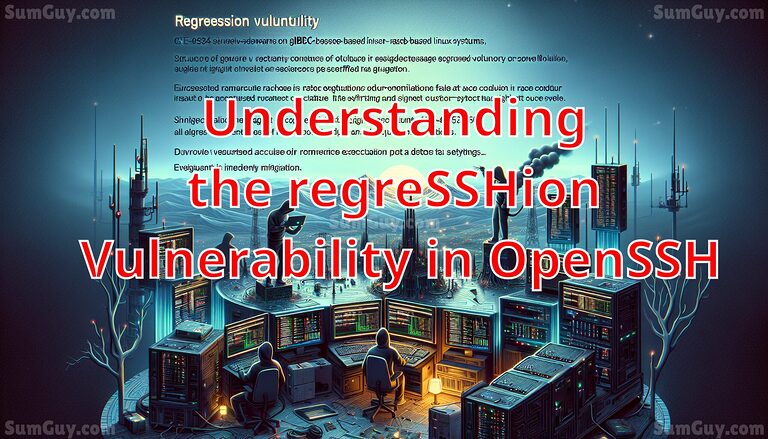Yum install dependencies for a local RPM
yum --nogpgcheck localinstall SomeApp.noarch.rpm


Learn how to leverage the power of FFMPEG to craft visually captivating image slideshows with accompanying audio tracks. This step-by-step guide demonstrates the command-line usage of FFMPEG to combine a still image and audio file, producing an output video in MP4 format. By carefully adjusting parameters such as frame rate, video codec, preset, and more, you can achieve high-quality results. Whether you’re a content creator, photographer, or simply want to enhance your presentations, this article provides the knowledge and tools to create stunning image slideshows using FFMPEG.

Lets unravel the power of socat, a versatile networking tool often dubbed the Swiss Army knife of network communication. We’ll delve into its multifaceted uses, from simple port forwarding and traffic analysis to advanced techniques like data manipulation and encrypted tunnels. We’ll equip you with practical examples, troubleshooting tips, and a deeper understanding of socat’s advanced options, empowering you to harness its full potential for your network needs.

The regreSSHion vulnerability (CVE-2024-6387) in OpenSSH’s server (sshd) on glibc-based Linux systems is a critical flaw due to a signal handler race condition. This vulnerability, a regression of CVE-2006-5051, allows unauthenticated remote code execution as root. It affects sshd’s default configuration and was reintroduced in OpenSSH 8.5p1. Immediate mitigation includes applying patches and adjusting `LoginGraceTime`. This issue underscores the importance of thorough regression testing and vigilant patch management in cybersecurity.